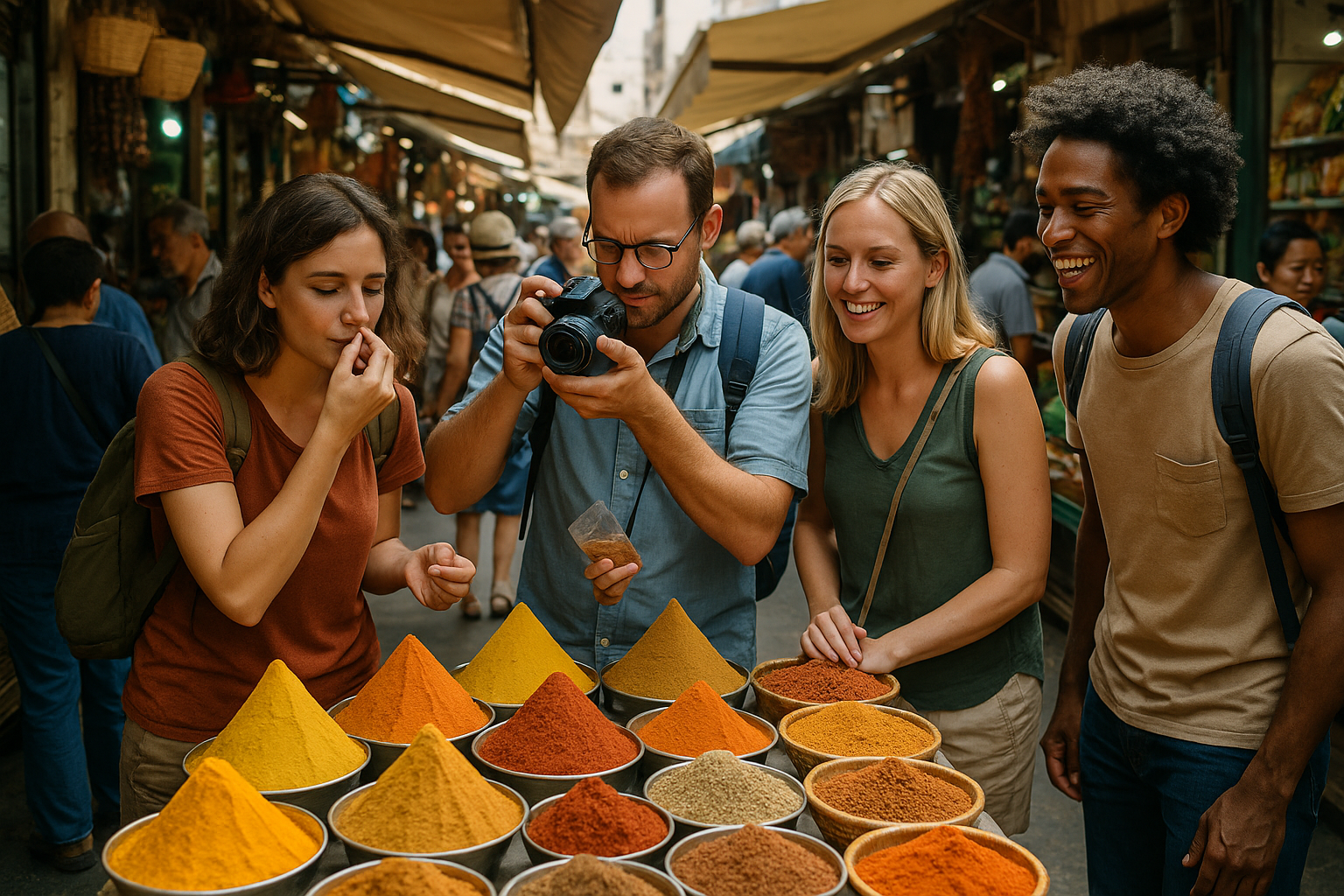Tap Hidden Marketing Gold in Culinary Tourism Seamlessly
Unlock the untapped potential of culinary tourism to elevate your marketing strategy by exploring unique options and visiting websites that showcase how this vibrant niche can transform your business landscape.

Understanding Culinary Tourism
Culinary tourism, also known as food tourism, is a rapidly growing segment of the travel industry that focuses on the exploration of food and drink as the primary motivation for travel. This niche market is not just about dining experiences but encompasses food festivals, cooking classes, and visits to local markets and farms. According to the World Food Travel Association, culinary tourism represents a significant opportunity, with over 93% of travelers engaging in some form of unique food or beverage activity while traveling1.
Opportunities in Culinary Tourism
The rise of culinary tourism presents a golden opportunity for marketers and businesses to tap into a lucrative market. By integrating culinary experiences into your offerings, you can attract a diverse audience eager to explore new flavors and cultures. For instance, hosting exclusive tasting events or partnering with local chefs to create unique dining experiences can set your business apart. The global culinary tourism market is expected to reach USD 1,796.5 billion by 2027, growing at a CAGR of 16.8% from 2020 to 20272.
Marketing Strategies for Culinary Tourism
To effectively market culinary tourism, businesses should focus on creating immersive and authentic experiences. This can be achieved through:
- Storytelling: Share the stories behind the food, including its origins and cultural significance, to create a deeper connection with your audience.
- Social Media Engagement: Utilize platforms like Instagram and Facebook to showcase visually appealing content that highlights your culinary offerings.
- Partnerships: Collaborate with local food producers, chefs, and influencers to expand your reach and credibility.
Additionally, offering exclusive deals or packages can entice travelers to choose your culinary experiences over others. For example, many businesses offer discounts on group bookings or early-bird specials for culinary tours.
Economic Impact and Benefits
Culinary tourism not only benefits businesses but also contributes significantly to local economies. By promoting local food and drink, businesses can support regional producers and boost the local economy. According to a report by Skift, food tourism can increase the average spend per visitor, with travelers spending up to 25% of their travel budget on food-related activities3. This increase in spending can lead to job creation and economic development in the region.
Challenges and Considerations
While the opportunities in culinary tourism are vast, there are challenges to consider. Ensuring the authenticity of experiences and maintaining quality standards are critical for success. Additionally, businesses must navigate the complexities of cultural sensitivity and sustainability. By focusing on sustainable practices, such as sourcing local ingredients and minimizing waste, businesses can appeal to environmentally conscious travelers.
Exploring Further
For those looking to delve deeper into culinary tourism, numerous resources and specialized services are available. From consulting firms specializing in food tourism strategies to online platforms offering curated culinary experiences, the options are vast. By exploring these resources, businesses can refine their strategies and maximize their impact in this burgeoning market.
Culinary tourism offers a wealth of opportunities for businesses to differentiate themselves and tap into a growing market. By embracing unique culinary experiences and leveraging effective marketing strategies, you can attract a diverse audience and drive significant economic impact. To discover how you can integrate culinary tourism into your business, browse options and visit websites that showcase innovative solutions and specialized services.